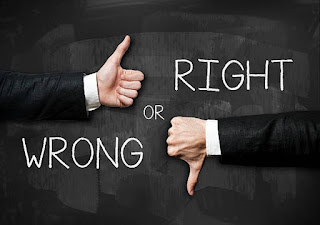Every individual is inherently endowed with a set of unique qualities and talents. These attributes are the foundation of our identity and self-worth. When we focus on what makes us distinct, we begin to appreciate the richness of our own character. This self-awareness fosters confidence and a sense of purpose that cannot be shaken by external comparisons. It is essential to remember that our value is not diminished by the successes or possessions of others. Instead, our worth is intrinsic, rooted in who we are and the values we uphold.
One of the most significant virtues we can cultivate is honesty. Being truthful with ourselves and others builds trust and respect, which are far more valuable than any material possession. Honesty is a cornerstone of integrity, another vital quality that defines our character. Living with integrity means acting consistently with our values, even when no one is watching. It means making choices that align with our principles, and this steadfastness earns us a good name and the respect of those around us.
A good name, built on the foundation of honesty and integrity, is one of the most precious assets one can possess. Unlike material wealth, which can be lost or diminished, a good reputation endures. It opens doors, creates opportunities, and fosters relationships that are built on mutual respect and trust. When we focus on developing and maintaining a good name, we shift our attention from fleeting possessions to lasting values.
Encouraging ourselves and others to stop comparing and start valuing is a powerful step toward personal growth. It allows us to appreciate our journey and the progress we make, no matter how small it may seem in comparison to others. Each person’s path is unique, and what might seem like a minor achievement to one could be a significant milestone to another. Celebrating these individual victories fosters a sense of accomplishment and encourages continuous self-improvement.
It is also important to recognize that everyone has their struggles and insecurities, often hidden behind the facade of success. By comparing ourselves to others, we only see a fraction of their reality, often overlooking the challenges they face. Understanding this helps us to be kinder to ourselves and others, fostering a sense of empathy and compassion.
In conclusion, the virtue of not comparing oneself to others lies in the recognition and appreciation of our intrinsic worth. By focusing on our unique qualities, values, and the integrity of our actions, we can build a strong foundation of self-confidence and self-respect. Embracing who we are, rather than who we are not, allows us to lead a life of authenticity and fulfillment. Remember, our true value is not measured by what we possess, but by the honesty, integrity, and good name we cultivate through our actions and choices.

